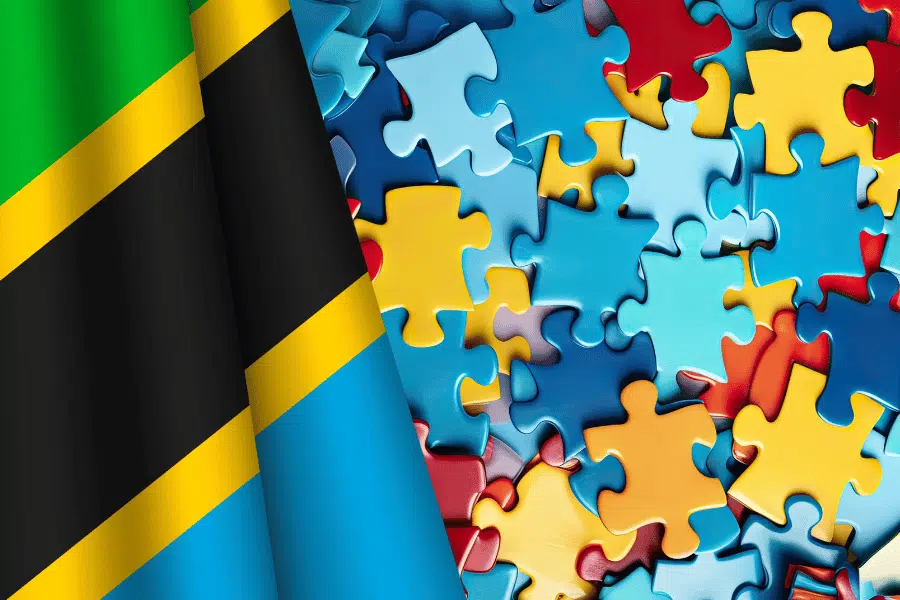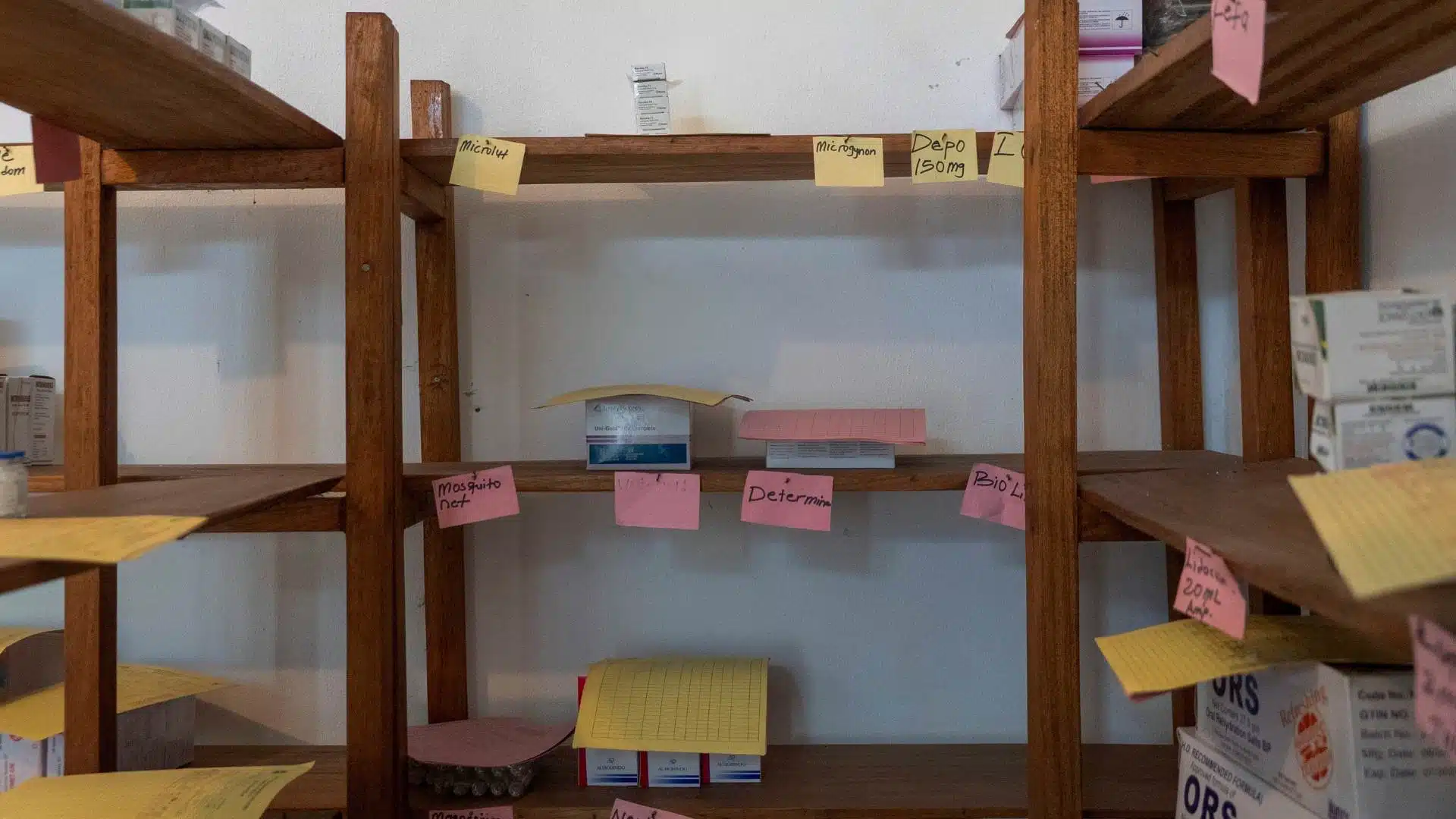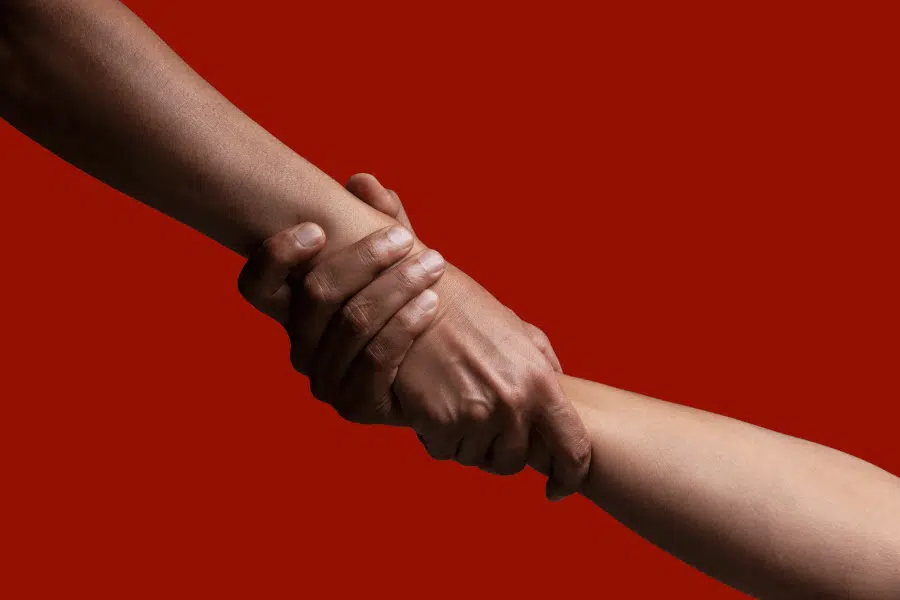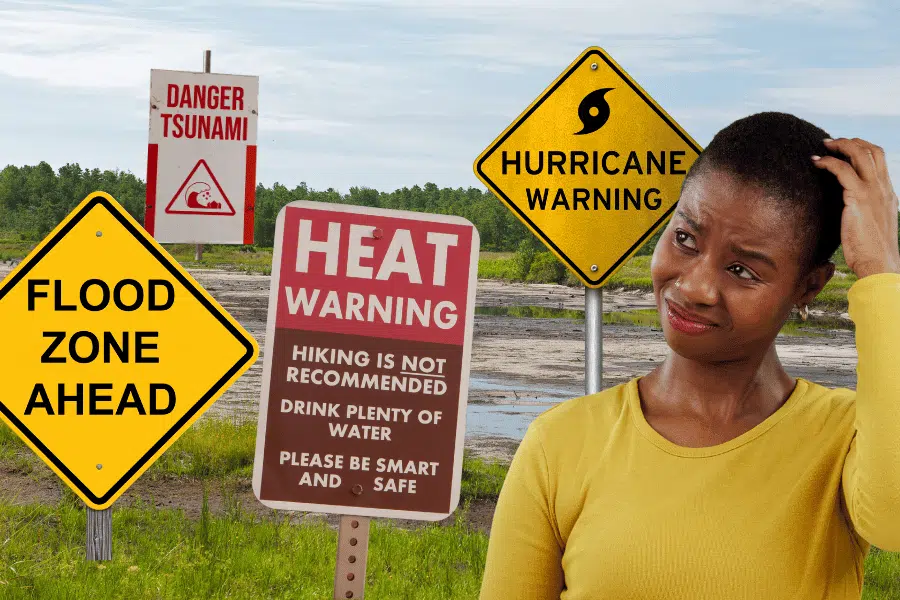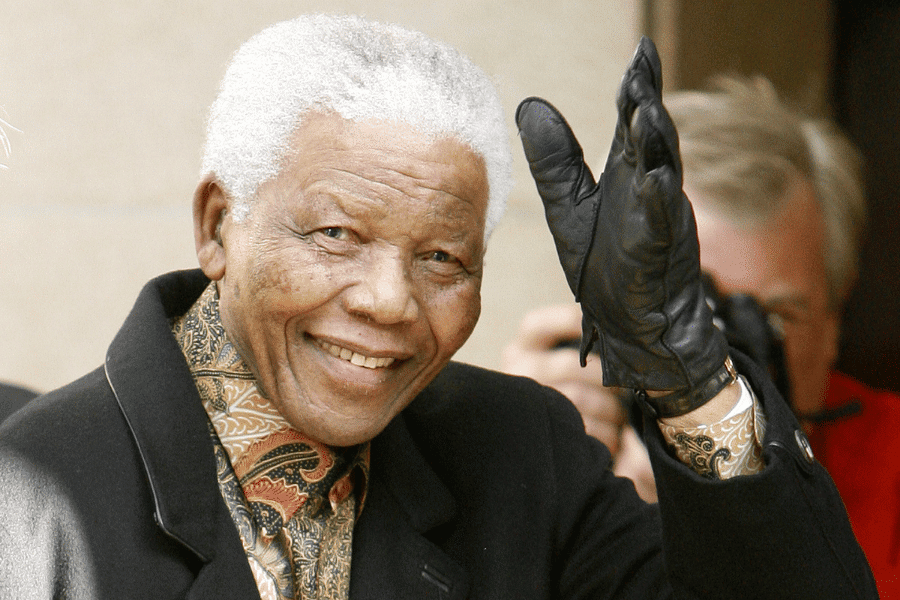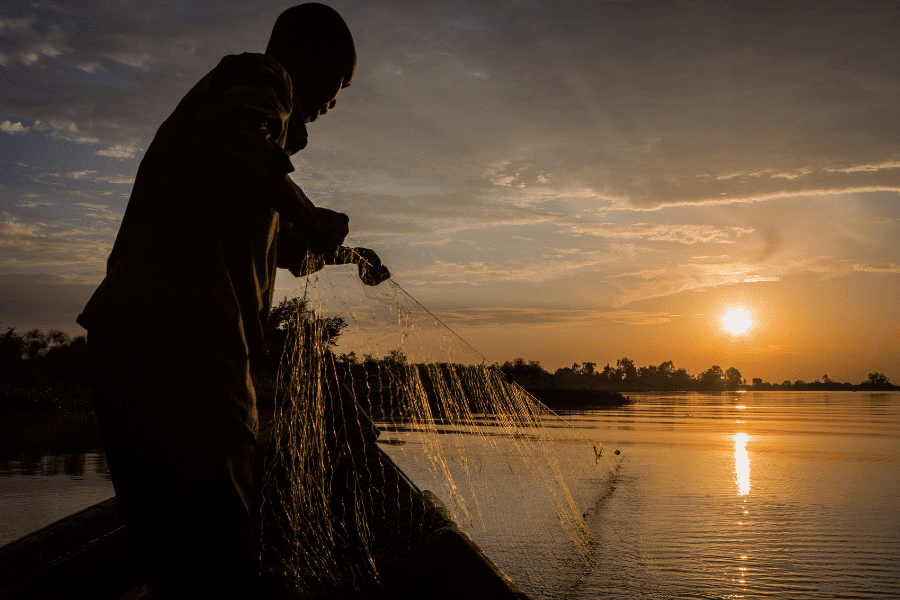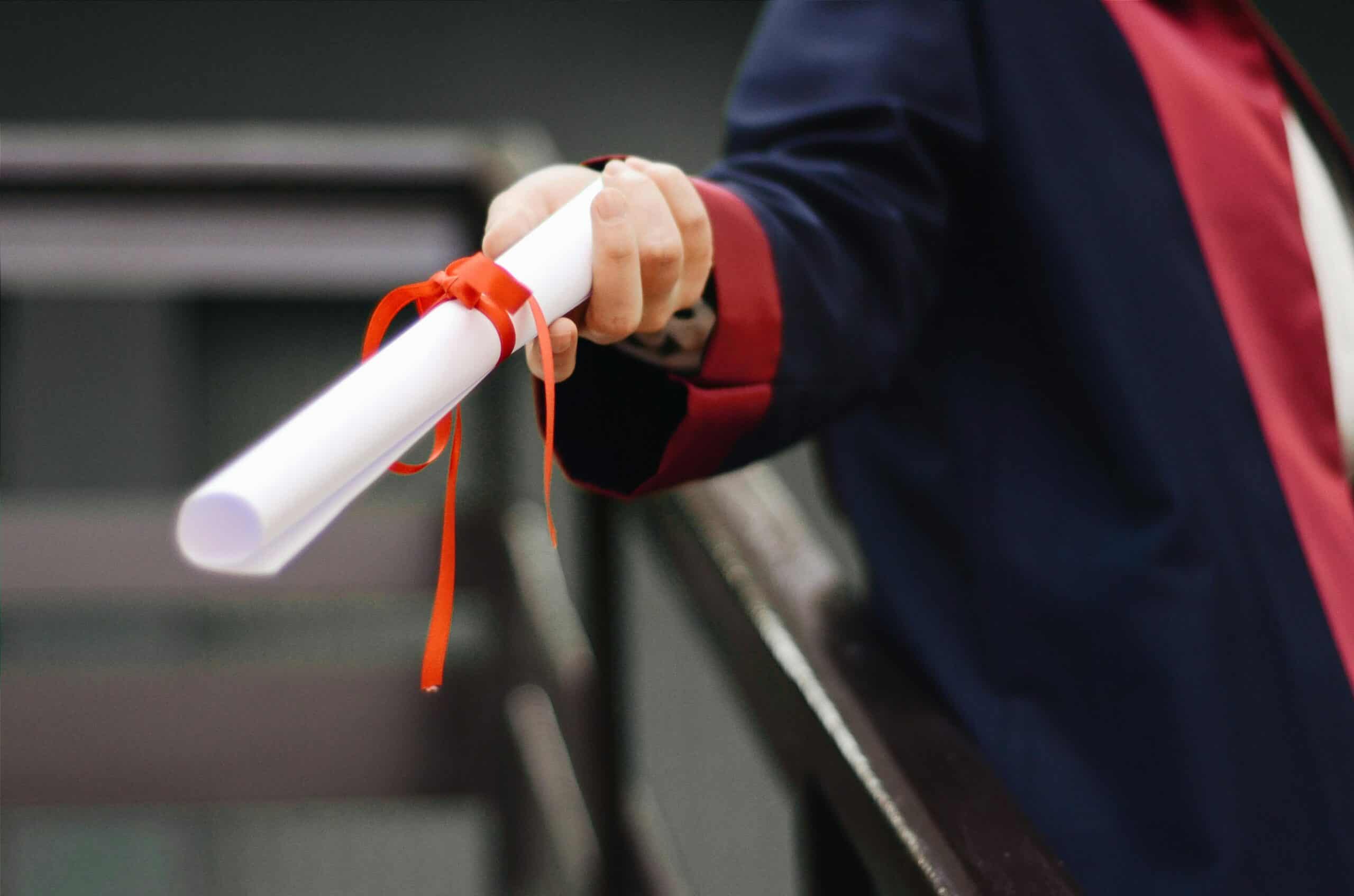The nurse hands the newborn child to his mother, Jamila, who smiles down at him, mesmerized by the tiny being who is about to bring hope and joy to the family. Juma, the proud father, laughs with delight at getting a son, a symbol of pride.
It feels like the beginning of a perfect future. The whole neighbourhood is celebrating.
“Say ‘mama’.”
“Come, walk to me.”
“Can you count one to three?”
But all the relatives begin to worry when, four years later, the child still can’t talk or walk and he behaves differently from the other children around him.
The neighbours begin to whisper, quietly spreading false rumours about the family.
“Evil spirits must have attacked them.”
“They are being punished for their sins.”
Unable to face the embarrassment, Juma refuses to take responsibility and eventually leaves. Jamila is then left alone to carry the weight of raising her child in silence, shame and confusion.
This is the reality for many families in Tanzania who have a child with autism.
Neema Massawe, the mother of a six-year old with both autism and cerebral palsy, shared her experience. “My child is a lovely six-year old, born with a condition described by doctors as cerebral palsy and autism,” Massawe said. “She has difficulties with movements and speech, and can only be helped.”
Ignorance is the problem.
As of 2023, less than 1% of the population of Tanzania is diagnosed with autism, but that’s more than 600,000 people. Still, public awareness of the condition remains alarmingly low, particularly in rural areas where access to diagnosis and support services is even more limited.
For many children with autism in Tanzania, their struggle goes beyond their developmental challenges and is compounded by misunderstanding, stigma and limited support. Families often face judgment from their communities and cultural beliefs sometimes attribute the child’s condition to curses, punishment or supernatural causes.
In an article published in 2019, Jane and Isaac Jisangu, parents of an autistic child, told how their community once believed their child was bewitched and accused them of being bad parents.
Jane Jisangu told the interviewer: “The problem exists, but most people don’t know about it. Some will tell you to go to ‘experts’ or go see your elders. They might help you.”
Her words reflect how, with limited awareness and scarce resources, families often turn to traditional healers or spiritual explanations rather than seeking professional medical help. The account was reported by China Global Television Network in 2019, highlighting how limited local research and reporting on autism in Tanzania often pushes families’ experiences to international platforms.
No child deserves inhumanity.
Tumaini Kweka, the mother of a 14-year-old autistic boy said that because of autism, her son is often loud and restless.
“Many people called him a ‘troublesome boy’,” she said. “One day, the maid decided to burn him with an iron machine to teach him a lesson. This really affected his siblings and I as well.”
This is just one of many examples of how autistic children are treated daily. Sexual harassment, physical abuse and emotional mistreatment are heartbreakingly common. Many are scolded for behaviours they cannot control and are isolated simply for acting differently. Because of such treatment, countless autistic children are denied the chance to attend school, their educational journeys cut short before they even begin.
Although the Tanzanian government has introduced policies such as the Law of the Child Act, 2009, to protect the rights of children with disabilities and ensure equal access to education and healthcare, the implementation remains weak.
Limited resources, a shortage of trained professionals and widespread public ignorance continue to hinder meaningful progress.
Deborah Mapunda, the grandmother of an autistic child, recalled how even visits to the hospital, which were meant for support and care, were met with cold stares and criticisms. “People gave us a lot of judgment and tend to look at us critically,” she said.
Each stare and criticism left her feeling isolated, frustrated and painfully aware that society often rejects the family rather than understanding the child’s needs.
“Maybe if everyone understood the situation, they would be nicer,” Mapunda added.
Parents and caregivers carry quiet burdens.
Just as autistic children struggle, their parents and caregivers carry a heavy emotional, social and financial burden that often goes unseen. Back in 2012, researchers at Muhimbili Hospital in Dar es Salaam found that many caregivers experience deep stress and even conflicted feelings about raising a child with a developmental condition.
They spoke about how difficult it was to manage behaviours that are normal within autism but misunderstood by the wider community. Behaviours such as aggression, loud vocalizations, hyperactivity or restless movement often create tension with neighbours and extended family members, who quickly become irritated or uncomfortable.
Over time, this constant friction makes some caregivers feel as if their child can not “fit in” within the community, a belief that grows into fear, shame and a persistent worry about the child’s future.
Autism does not affect the child alone; it touches every family member. According to the Family Systems Theory, family members are deeply emotionally connected, so the challenges of one person influence the entire household.
According to a 2017 study led by University of Kent researcher Ciara Padden, many parents of autistic children are forced to quit their jobs or reduce their working hours due to high caregiving demands, including communication challenges and severe sleep difficulties.
This places a heavy strain on the parents, making it difficult for them to maintain financial stability and take care of the rest of the family and any other remaining children.
What the future holds
Will children ever outgrow autism? The answer is no. But this does not mean that their lives cannot be full, meaningful and successful. Awareness of autism is slowly increasing in Tanzania, yet ignorance remains widespread, especially in rural areas.
“I highly believe that educating people is the first step for improving the lives of these children,” said Shangwe Mgaya, mother of an autistic child and an advocate for autism awareness.
Connect Autism Tanzania, an organization that collaborates with about a dozen centres in northern Tanzania, has made a significant contribution to empowering and training teachers on how to support autistic learners effectively. Four workshops are conducted annually in rural areas and simple tools have been developed for primary caregivers, teachers and the general public to raise awareness and promote education.
Many non-governmental organizations have also turned International Autism Day, celebrated on 2 April, into a powerful moment for understanding and support. Events like the annual Run4Autism marathon help raise both visibility and funds for autism centers across the nation. Additionally, a gala dinner scheduled for 31 January 2026, aims to bring communities, experts and families together to discuss the challenges autistic children face and inspire stronger national action.
These efforts have brought a sense of hope to parents and caregivers of autistic children. As awareness slowly increases, more families are beginning to believe that their children might one day receive proper support in schools and be valued as members of the community who can make meaningful contributions.
For example, a mother on Facebook shared a video of her autistic son swimming and wrote how proud she was that he had mastered swimming in a short period.
Even though autism can not ‘go away,’ the future can change dramatically depending on how society responds. For now, parents in Tanzania are holding onto the hope that the next generation of caregivers, teachers and neighbours will be more informed, compassionate and better prepared.
Questions to consider:
1. In what ways do children with autism struggle beyond their developmental challenges?
2. Why do you think so many people are ignorant about autism?
3. In what ways might people have the wrong ideas about you?

